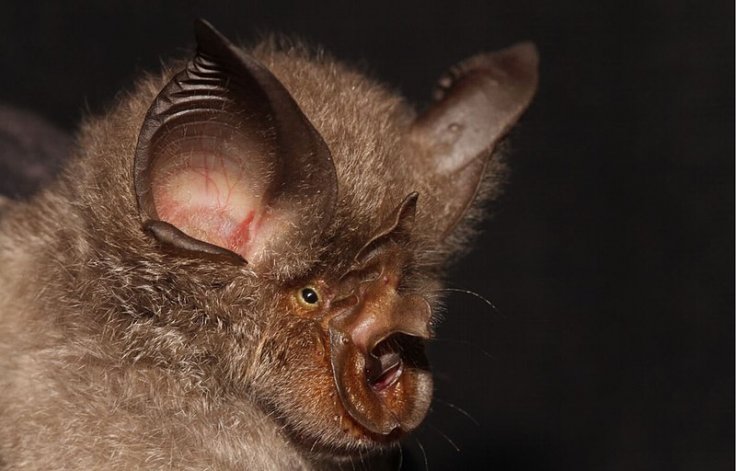As hundreds of scientists are still observing and trying to understand the novel Coronavirus, some researchers in Japan and Cambodia were surprised after what they found in two lab freezers in Asia.
Researchers have found a Coronavirus that is similar to the SARS-CoV-2 virus which caused the pandemic, stored in a freezer in Cambodia. Later, Japanese researchers also reported the discovery of another close relative of the Coronavirus in frozen bat droppings.
As per the scientists, the virus strains are the first known relatives of the pandemic virus to be found outside China. It is believed that as per some evidence SARS-CoV-2 virus which killed over 1,388,000 deaths originated in horseshoe bats. But till now it is not clear whether it passed directly from bats to people or through an intermediate host.
The New Viruses

The virus found in Cambodia was actually discovered in two Shamel's horseshoe bats, which were captured in the country's north in 2010 and the virus's genome has not yet been sequenced, nor the discovery published.
If this virus is related to the pandemic virus, it could provide some crucial information about the novel Coronavirus and could also reveal how the SARS-CoV-2 passed from bats to humans, leading a path to find out the origin of the novel virus, said Veasna Duong, a virologist at Institute Pasteur in Phnom Penh, who led the search of the samples in Cambodia and revealed the findings in Nature. As per the researchers, to untangle all these mysteries, the virus found in Cambodia must share more than 97 percent of its genes with the virus that caused the SARS-CoV-2.
But there is a possibility that the virus might be more distantly related, and studying it will help the researchers to learn more about the diversity in the Coronavirus family, said Etienne Simon-Loriere, a virologist at the Pasteur Institute in Paris. Etienne has planned to sequence the virus after which the details will be shared.
Another virus—Rc-o319—identified in a little Japanese horseshoe bat was captured in 2013. As per a paper published in early November, it was revealed that the virus shares 81 percent of its genome with the pandemic virus. Edward Holmes, a virologist at the University of Sydney in Australia, said this finding makes it too distant to give an insight into the origin of the COVID-19 pandemic.
Alice Latinne, an evolutionary biologist at the Wildlife Conservation Society of Vietnam in Hanoi said that both the findings are exciting as they confirm that viruses closely related to SARS-CoV-2 are relatively common in horseshoe bats or Rhinolophus bats. "This is what we were looking for, and we found it. It was exciting and surprising at the same time," said Doung.
More Research

In terms of the Rc-o319—which according to Duong seems to be most distantly related—the cell studies conducted by the Japanese team of scientists revealed that the virus cannot bind to the receptor that SARS-CoV-2 uses to invade into the human cells, indicating that it could not easily infect humans. The research team has captured more bats in Japan this year and they plan to test them for Coronavirus.
Vibol Hul, a virologist at the Institute Pasteur in Cambodia, who trapped the Shamel's horseshoe bats at the entrance of a cave in 2010, returned to the same place in northern Cambodia to catch more bats in October this year.
In April this year, the US Agency for International Development provided a research program called PREDICT project, an additional $3 million and a 6-month extension to look for evidence of SARS-CoV-2 in animal samples — mostly bats, and pangolins — that were stored in laboratory freezers in Laos, Malaysia, Nepal, Thailand, Vietnam, and Cambodia. A complete report of the investigations is expected to be published in the coming weeks.









